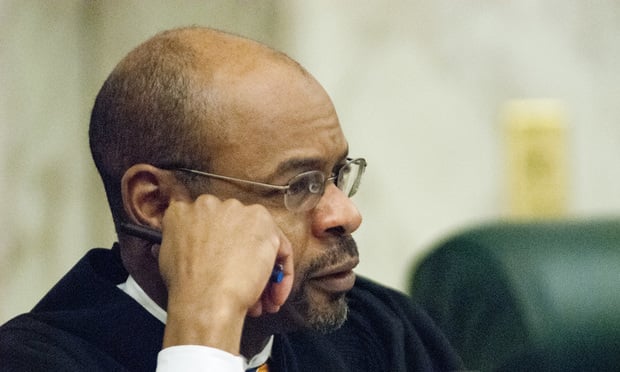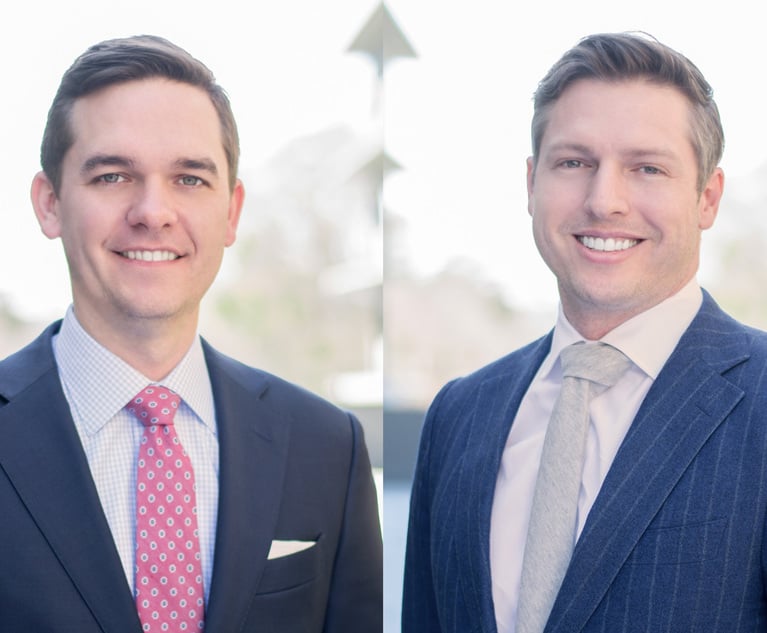FCA Chrysler’s deadline to file a motion for reconsideration with the Georgia Supreme Court on a $40 million judgment passed Monday night with no action.
Chrysler would have had to file its motion by 11:59 p.m. Monday to have the judgment reconsidered, according to Georgia Supreme Court Public Information Officer Jane Hansen. No electronic filing was received.


 Justice Harold Melton (Photo: John Disney/ ALM)
Justice Harold Melton (Photo: John Disney/ ALM)





